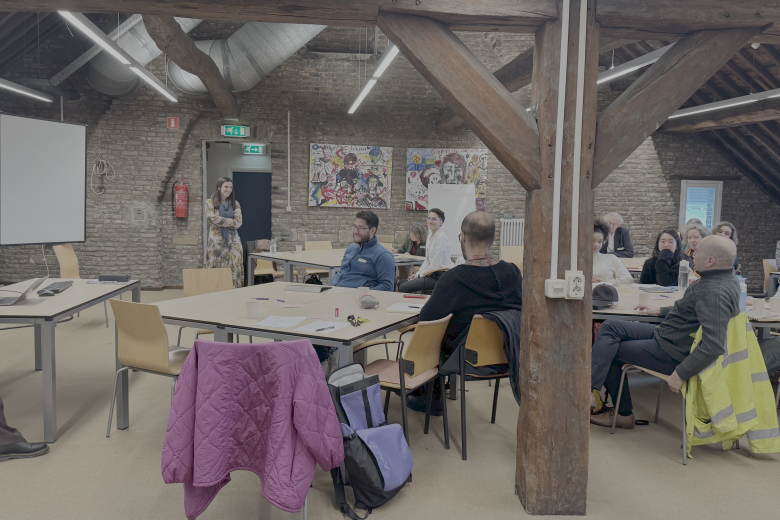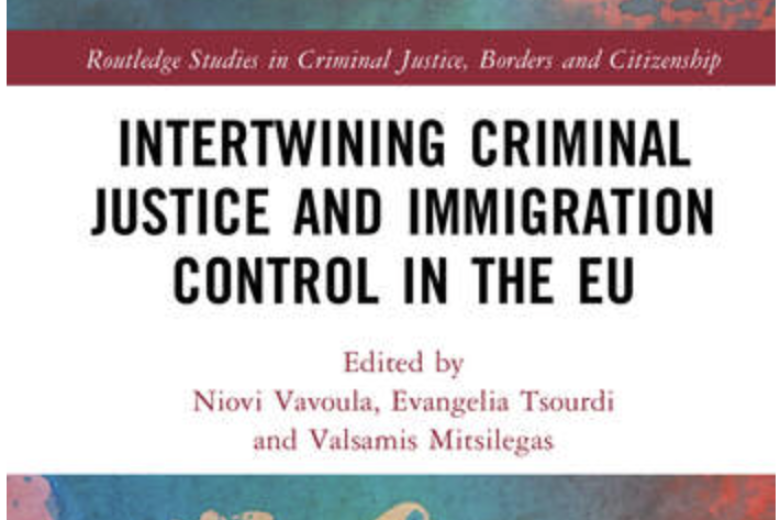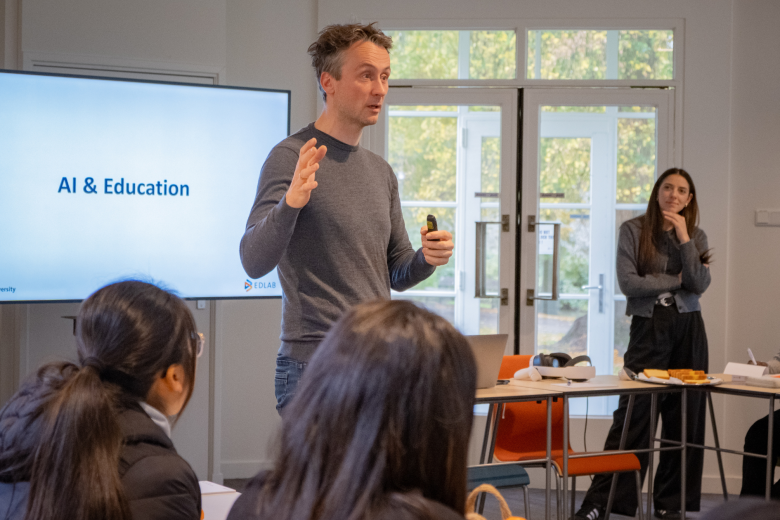Cross-border cooperation key to improving euregional services for highly-skilled newcomers
Little structural cross-border cooperation takes place between organisations in the Euregio Meuse-Rhine (EMR) that offer services for newcomers. Existing cooperation seems to be limited to sporadic exchanges of information, expertise centre ITEM (Maastricht University) concludes in the report ‘Inventory of Services and Activities for Newcomers in the Euregion Meuse-Rhine’ . The study, initiated by the Euregio Meuse-Rhine and funded through the European Employment Service (EURES), set out to identify existing local and regional initiatives for attracting and retaining newcomers in the EMR that could complement the work of EURES. ITEM concludes more can be done to increase cooperation and improve services for newcomers.
Welcoming newcomers
Demographic challenges such as population decline and aging, as well as skills shortages in certain economic sectors, pose a risk to the economic success of companies in the Euregio Meuse-Rhine (EMR). Attracting and retaining highly-skilled workers from outside the EMR by creating a welcoming culture is of great importance, the report states.
The study, based on desk research and 10 interviews with service organisations, focused on different areas that are relevant in facilitating social and economic integration of newcomers, such as support with bureaucratic issues, housing, employment, language, leisure and culture. Through an online mapping, the researchers identified a total of 155 relevant organisations: 76 in Aachen, 26 in South Limburg, 19 in the German-speaking community, 15 in Belgian Limburg and 19 in Liège. The mapping may not capture all existing services and organisations, especially those that are less formalised or visible, the researchers note.
Exchange of information
The research shows that few services target highly-skilled newcomers specifically. Rather they are open to the (international) population in general. However, the researchers question whether services should in fact be aimed specifically at highly-skilled newcomers, since newcomers for less-skilled positions are also in demand. They see most room for improvement in expanding cooperation between EURES and the identified organisations:
“EURES, other services and organisations as well as newcomers themselves, could all benefit from increased cooperation. In particular, informing newcomers about other initiatives can increase the visibility of these services and provide an improved welcoming culture. At the same time, organisations working in the field of labour market integration could benefit from working with EURES by increasing the pool of suitable jobs for their clients. This could increase newcomers’ awareness of economic opportunities in their own sub-region as well as other sub-regions of the EMR. Increased cooperation between EURES and international student associations potentially leads to similar results and helps retain more graduates in the EMR”, says the report.
Most interviewees see possibilities for increased cross-border cooperation through exchange of information, for example by organising a euregional networking event. Other recommendations in the report include euregional welcoming events for newcomers, creating an online platform that brings together all existing organisations for more transparency and a euregional approach to more practical problems for example through the exchange of personnel.
Identify internationals’ needs
Further research is needed to find out more about internationals’ needs, to what extent they actually feel welcome in the EMR, and how they perceive living in a border region. The researchers sayIFinally, it would also be interesting to study to what extent third country nationals, who are long-term residents in a member state of the EU, make use of EURES services, the report concludes.
Also read
-
'De-composing Classical Music’ event was a success
On 13 October 2025, the Maastricht Centre for the Innovation of Classical Music hosted the event ‘De-composing Classical Music: Coloniality and Resistance’ at the Faculty of Arts and Social Sciences in Maastricht.

-
Co-edited collective volume by MCEL member Lilian Tsourdi on the intertwinement between criminal justice and immigration control
The new volume offers a contemporary understanding of the state of the art of ‘crimmigration’ with a focus on the European Union and challenges this paradigm of intersecting criminal justice and immigration control.

-
UWC Maastricht students get a taste of education innovation at EDLAB
On 21 October 2025, EDLAB hosted students from United World College Maastricht for the second year in a row, as part of their Youth Social Entrepreneurship programme.
